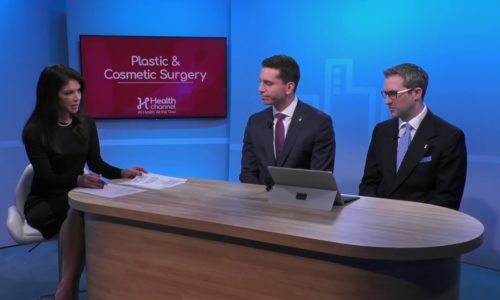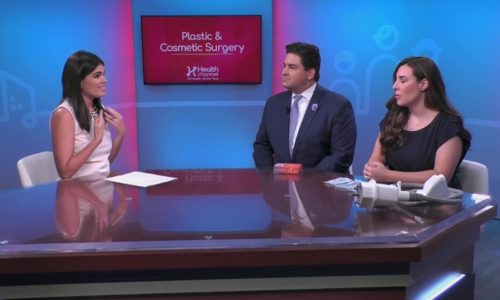Common Plastic Surgeries |
What are the most common plastic surgeries? Dr. Ricardo Castrellon, Director of South Miami Hospital’s Burn Center, explains the most common plastic surgery procedures, such as those that have to deal with any deformity, non-invasive treatment for the skin, and hair replacement.
Transcript
Now when it comes to plastic surgery no matter the type of surgery patients come to you for different reasons besides enhancement surgery so what other surgeries do they come for you besides well as a plastic surgeon we we will help them also with deformities with concerns we also help them manage at different parts of essentially in every part of their body there is something they want to improve right and there’s questions we can go from a non-invasive of consider non-invasive treatments for skin conditions as well as for hair replacement different colleagues of mine will work and hair replacement therapy even for injections Botox fillers and multiple things that we can do as a plastic surgeon to help our patients dr. gaster you know when do you know or what are some good reasons I shouldn’t say when she you know what are some good reasons that you should have cosmetic or plastic surgery I definitely think that there’s there’s there’s definitely beneficial reasons there were be situations were I’ll give you a example we have patients a lot of patients who’ve made lifestyle modifications have had weight loss they’ve had changes during pregnancy and there’s been changes or even the process of aging where there’s sagging loss of volume there’s changes in the proportions because a body has changed and the patient wishes to make changes to correct this to improve their appearance so I think those are our patients who definitely have a very good a very good candidate for this type of interventions you








